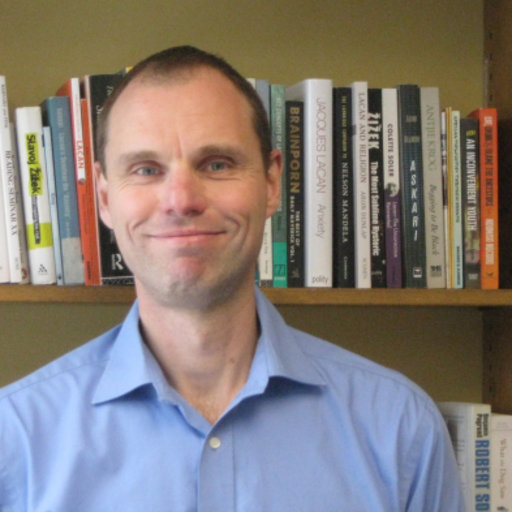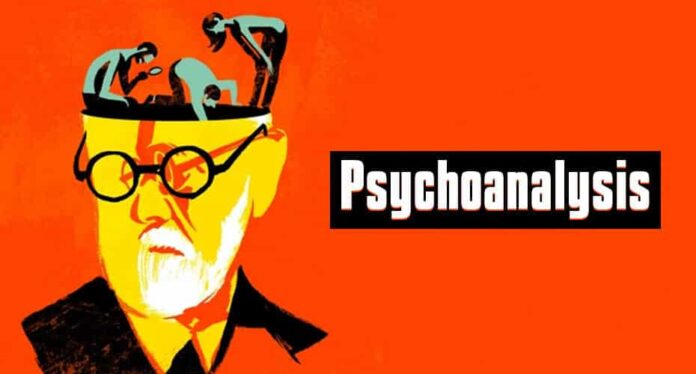In this text Hook attempts to provide a psychoanalytic view of formation of sexual identity and difference by referring to Freudian and Lacanian psychoanalytic theory. Here, Hook discusses gendering in classical psychoanalysis as formation of psychosexuality which is viewed as an unconscious process which is produced as a result of interplay between psyche, soma, and polis.
Freudian theory suggests a polymorphous nature formation of sexuality where the first two stages, oral and anal stage, offer gratification of rudimentary needs based in different erogenous zones of the body by the mother figure. This leads to the mirror stage, where the infant begins to gain a sense of self as separate from the mother who was viewed as an extension of oneself, suggestive of formation of self-identity through reflection.
The fourth stage is the phase of castration complex, where by introduction of the ‘third term’/father figure /any object symbolic of the intrusion between the child and mother, introduces the child to a world of difference and language. The child then undergoes Oedipus complex which is based on identifying with same sex parent and desiring the opposite sex parent on the basis of relational phallic sexuality which is then resolved by castration complex.

Castration complex (C.C) in the phallocentric society both literally and figuratively suggests potential of loss for a boy and lack for a girl. C.C for a boy is the fear of separation from the mother, who is the object of his unconscious fantasy and whose object of desire and provider of phallus he wants to be; is threatened by the father and in the unconscious realization of being unable to replace the father, represses his desire for the mother; for a girl,
It is constituted by the lack of penis, which becomes the object of desire and when mother is viewed incapable for this provision then the attention is directed to the father and in the unconscious realization of the prohibition or internalization of culture, resorts to repressing the desire for the father in the hope to find someone like him and be like the mother who is the object of desire for the father.
The text through Freudian theory addresses the formation of sexual identities in patriarchal, heteronormative and heterosexist societies, where the primary site of formation of sexual difference is viewed as the anatomy, particularly the phallus( penis for boys and clitoris for girls), which is symbolic of penis’s function as upheld in society. While the theory discussed above also provides an alternative model of situating sexual difference by suggesting other bodily element differences, this suggests anatomical differences to be an imperative to qualify this theory as complete.
Secondly, given ‘anatomy is destiny’ is not understood as biological essentialism suggestive of anatomical parts implying masculine and feminine identities, then the process of identification of psychoanalysis and desiring both of which constitute the Oedipus complex does not intricately explain the girl child identifying with the mother and boy child with the father respectively. The hierarchy resulting from power relations can help differentiate between mother and father, and the literal realization of presence or absence of penis might facilitate the identification and desiring process.
However, the polymorphous nature of sexuality makes it difficult to identity at which stage exactly does literal realization of presence or absence of penis occurs so as to understand if by the stage of castration complex this unconscious understanding psychoanalysis that prevails in the child.
However, in redefining ‘phallus’, Lacan suggests that there is an unconscious psychoanalysis relationship to phallus which determines the masculine or feminine subjectivity as opposed to the anatomical differences, which suggests that Oedipus complex and castration complex as theories are only applicable in hetero-normative and heterosexist societies.
Thirdly, the introduction of the ‘third term’ if viewed with sexual identity originating ,psychoanalysis solely from phallic differences then do not by means of Oedipus complex and/ castration complex address the situation wherein the ‘third term’ is neither hierarchically higher or anatomically male.
















































